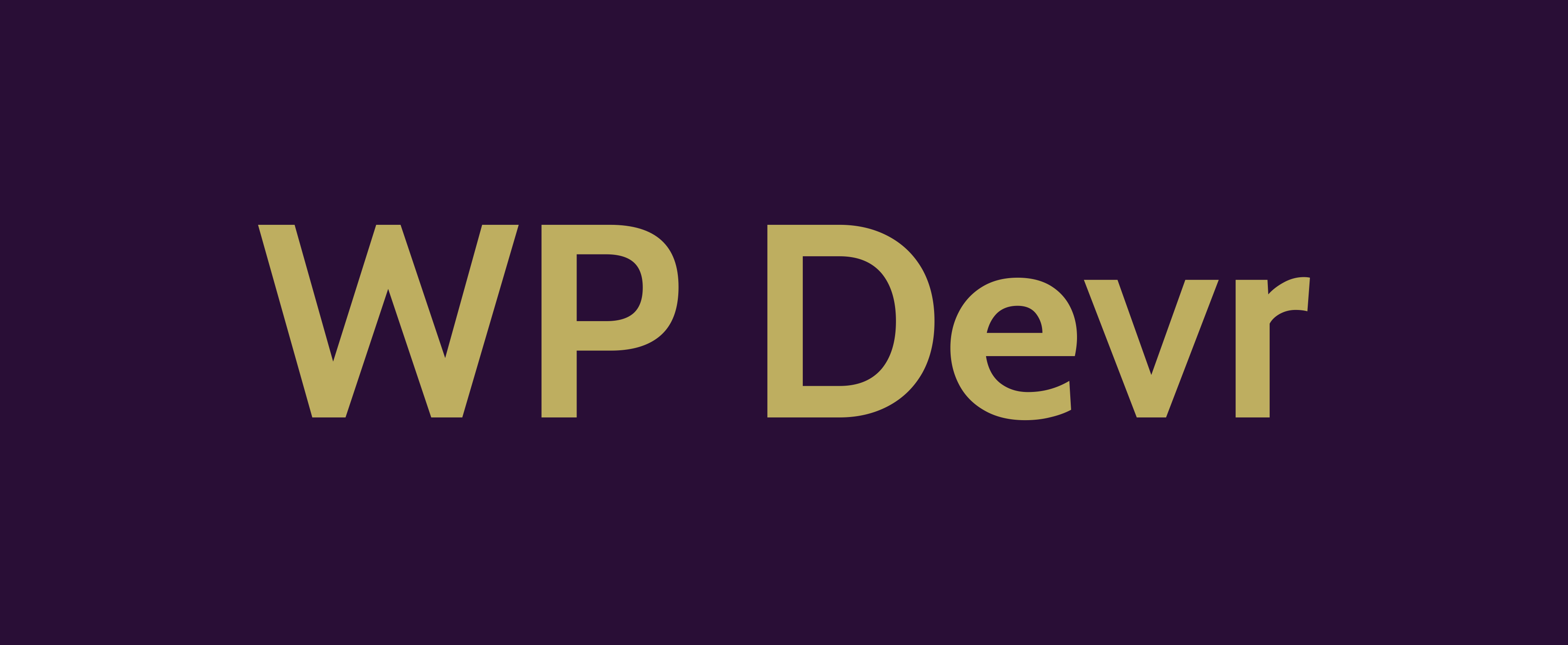Mastering WordPress Customization And Extendibility
Customizing WordPress Themes WordPress themes control the look and feel of your site. By customizing your active theme, you can refine its visual design, layout, and functionality to meet your specific needs without switching to a different theme. Common theme customizations include changing colors, fonts, and layouts as well as adding new widgets and functionality….
